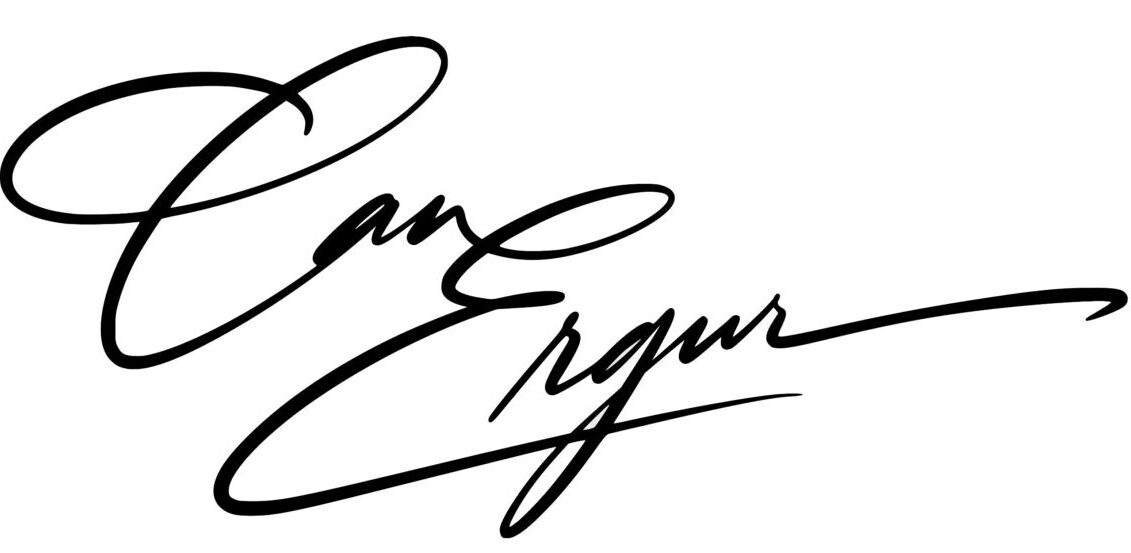Remote Work Etiquette – Best Practices for Productivity and Professionalism
The advent of remote work reached an all-time high during the pandemic in 2020 as people tried to adjust to living strictly indoors. Since then, more and more companies and freelance workers have embraced the idea of working remotely. It’s also not uncommon to see a hybrid setup that combines both the benefits of remote work and a conventional office setup. Over that period, the number of remote workers has steadily been on the rise.
While some folks are comfortable working from home in their pajamas, others still grapple with coming to terms with such a revolutionary idea. Not everyone can fully adapt to the shift, but getting used to a new working environment can make or mar the whole work experience. Several considerations need to be put in place to make things work. Your approach to professional communications and relations and etiquette while working remotely will indeed undergo a change or two.

In this article, we go over some of the best ways to navigate remote work etiquettes so you can come across as a professional while retaining the human touch in the online world that sets you apart. And I’ve got to point out here that empathy and kindness are central to that human touch. Because even though you and your coworkers are not physically in the same space, interacting with them with kind wishes fosters a vibrant working environment. Without further ado, here are some remote work etiquettes that set the tone right for an enjoyable working experience.
Maintain a Professional Outlook

Just because you are working out of your living room doesn’t mean you have to dress shabbily to attend meetings. Yes, you are working remotely, but for it to feel like work and stay productive, you must dress appropriately. The temptation to wear your comfy pajamas is high, but you’re just setting yourself up for a long stretch of on-and-off if you think you can get away with it. So, for you to feel it, you’ve got to look the part; it goes a long way to help you remain focused and organized. Not only does it enable you to make that “switch” to office mode, but it also helps you to be less distracted.
Remain cordial, professional, and courteous

I can’t stress this enough: the confines of your room might not seem different to you, but it does represent the institution you are for at that point in time. It is of utmost importance that you remain professional in your interactions with coworkers, albeit online. There shouldn’t be a remote work versus office work mode. Maintain the same professionalism you are known for in an office setting. Treat phone calls, emails, and instant messages as usual. If your company embraces asynchronous communication, stick to replying to emails no later than a few hours at most. If you do not have a complete response to an email yet, let the person know when you’d have a complete answer for them. Generally, stick with a professional approach as you would in an office setting.
Set clear boundaries to ensure work-life balance

Most times, remote workers go from couch to kitchen to workspace and to and from and on and on. You go about your days in this cycle, and before you know it, it might feel like you are stuck at work forever. And with what seems like a never-ending series of work messages, things can spiral out of control quickly. It would be helpful to set boundaries with a defined “after hours” period of day. No one wants to be called away while trying to enjoy a great time with their family. Sometimes, it might be you who decides to work beyond regular hours, but it’s okay. But be sure to respect the boundaries others set; besides, you do not want to be that pain-in-the-ass colleague.
Avoid scheduling unnecessary meetings

Meetings are a great way to convene and brainstorm ideas while making plans for the future and setting up action stations, but it’s also a fact that most people dread meetings. It’s not uncommon to find meetings interrupted by kids, spouses or even an inadvertent sound at the wrong time. That’s not to say the meeting won’t go on, hence the need to minimize them to the absolute most important ones. Most meetings can indeed be replaced by a simple phone call and phone calls by emails. Go with what works, and you can find a common ground that works for all over time.
Respect Time Zones. They are Important.

Your idea of “by the end of the day” for someone on the West Coast differs from someone in Europe. These diverse time zones pose considerable challenges if you do not find a way to manage time appropriately. So, what can one do? You should clearly state what time zone you are referring to when sending deadline messages. It could go a long way to clarify things. And that’s not to mention that the U.S. has six standard time zones. Things can get a bit tricky if you are to schedule a meeting that involves several time zones. With all said and done, we all know there are exceptions to every rule, case in point, an emergency or a form of pre-agreement for later date meetings. All in all, be sure to take note and honor people’s time zones, and they’d love you for it.
Give Your Undivided Attention in Virtual Meetings

Sure, you think you can multitask, but doing that in meetings is not the way to go. Not only will your coworkers spot that you are distracted by something, but you are also wasting your time and energy as you might miss critical information over the course of the discussion. It’s a different feeling when you focus on your colleague instead of running another application on the side concurrently. It doesn’t look good, nonetheless. Giving your undivided attention shows you respect your time and that of others. So, try your best to treat those sessions like in-person meetings.
Get a Setup That Works For You

We can never talk about remote work etiquette without touching on the importance of an optimized setup that is perfect for you. In an office setting, most people wouldn’t worry too much about Wi-Fi (so far, it works most of the time), that printer issue, or a laggy server. However, when you are working from home, it’s imperative that everything is spot on. Ensure the home Wi-Fi continuously works well and is password-secured, VPN settings are set depending on the job, devices are charged, and the printer/scanner is ready to go. You can also invest in an ergonomic chair, good lighting, and comfortable equipment. Aside from having equipment that works, creating a workspace that’s comfortable for you is crucial. Most remote workers sit for long periods, so having a comforting space ensures you are not stressed while working.
Grab Opportunities to Connect Informally

You can find it interesting that people connect over the littlest things, primarily outside of work proper. And it’s the same with remote work. It would be good to go outside the norm and discuss interesting topics that don’t necessarily relate to work. It could be about life in general or an exciting topic in the news; you never know what you could have in common with that one person. One thing to point out here is that it doesn’t have to be mandatory. Yes, some people are all about their work and just want to get stuff out of the way, and that’s okay. But a little bit of indulgence now and then wouldn’t hurt.
Takeaway
There you have it. Remote work is here to stay, and all we can do is make things as comfortable and seamless as possible for all parties involved. Every organization has their set of rules of those “unwritten code of conduct”, but maintaining the above-listed etiquette for your remote work will give you a sense of decorum and portray you in the right light.
Can Ergur
